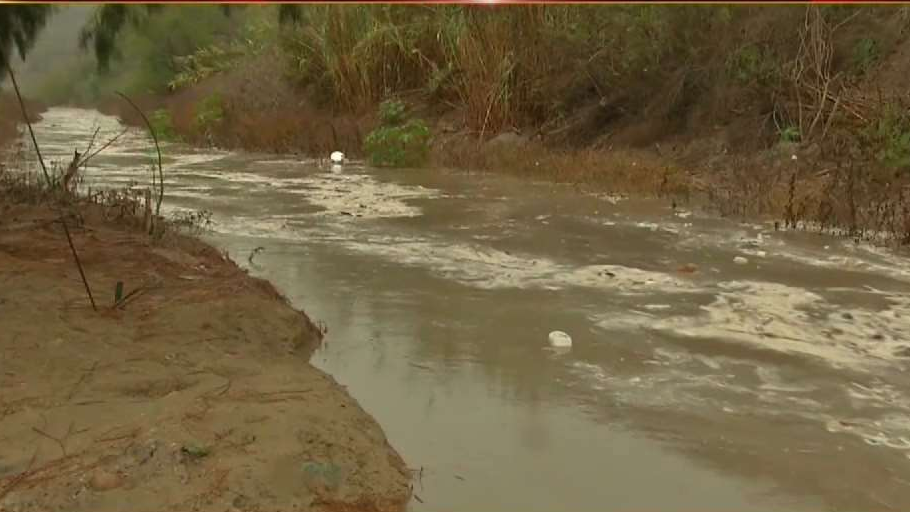NBC 7's Gene Cubbison has this analysis about the developments behind the Chargers stadium scramble.
The Chargers may hold heavy leverage in upcoming stadium talks with the city and county.
But smart card-playing by the public sector’s outside negotiators might serve to to boost the team’s antes and call its bluffs.
Mayor Faulconer’s nine-member Citizens Stadium Advisory Group set the bargaining table while enduring four months of carping from critics -- shelling out upwards of $40,000 from their own bank accounts for expenses, to spare the taxpayers.
"I mean, they were under the gun,” said San Diego Union-Tribune sports columnist Nick Canepa, “and they came through with something. Now is it perfect? No. Are the Chargers going to accept this plan? Not a chance -- I mean, not a chance!"
There's still no official response from "Chargers Park" to the city's proposal for a new stadium.
It's not even clear whether team president Dean Spanos himself has read the financing plan.
He's got high-priced talent to vet the numbers and recommend bargaining strategy.
But at City Hall, at County Center, and in other influential quarters around town, spines seem to be growing – and abject terror over the prospect of losing the Chargers diminishing.
Local
There’s a strong feeling about the franchise needing to put up more money than it's offered in the past.
"We can't have a plan where the Chargers aren't putting in their fair share,” said CSAG spokesman Tony Manolatos. “So we put them down for $300 million. Twelve years ago, when they introduced a plan, they put themselves down for $200 million. Costs have gone up astronomically since then."
Will that – and having the team paying $10 million a year in rent over 30 years, after a decade of paying none at Qualcomm Stadium -- wind up being a deal killer?
“If they want to leave, why don't they just go?” Canepa asked, rhetorically, during a Friday recording session for Sunday edition of NBC 7’s “Politically Speaking” public affairs program. “I mean, why put everybody through all this?"
Especially the most fanatic Bolts backers in the team’s fickle, fair-weather fan base?
Non-sports types who see the Chargers leaving as good riddance?
And -- before billionaires reap public subsidies and bigger profits -- the 'middle ground' of San Diegans who like their NFL football, but also want solid infrastructure and adequate public services?
“In the end it's going to be a question, can you tell people that it's a modest investment that brings the community together to create cohesion?" National University economist Erik Bruvold predicted during the PolSpeak recording session.
Sportswriter/broadcaster Annie Heilbrunn offered this bold sizeup: "I know the financing is a big issue. I honestly think they can work through the financing. What they can't work through are these timelines."
Meaning, environmental reports on redeveloping the stadium site, re-zonings, land use "entitlements," whatever electioneering needs to be done.
And what about the Bolts' parallel stadium track in Carson, which informed NBC 7 sources are convinced is a serious player in the scheme of things -- not just bargaining leverage, and farther along in the league's mind that the Inglewood bid that's stampeded this whole crisis?
"We have to tough up,” San Diego CityBeat editor Ron Donoho said in an interview Friday. “If the Chargers have already decided that they're going to move, then there's really nothing we can do. But it we do tough up, that's the only way that this stadium plan will pass a public vote in San Diego.
To hammer home the point, Donoho added: "There's a lot of risk in going to L.A. And granted, there may be much more reward. But there's no reason the city of San Diego should not play hardball."
Negotiators are due at the bargaining table on June 1.
The half-hour discussion on "Politically Speaking" airs at 5 p.m. Sunday.



